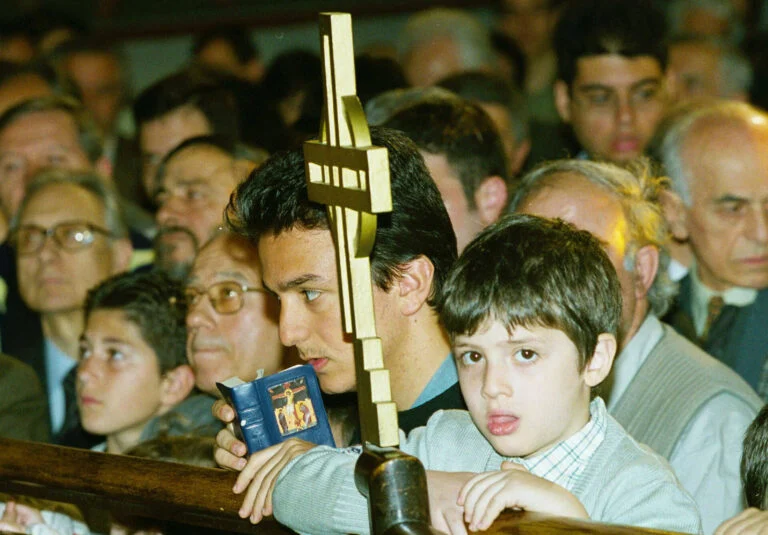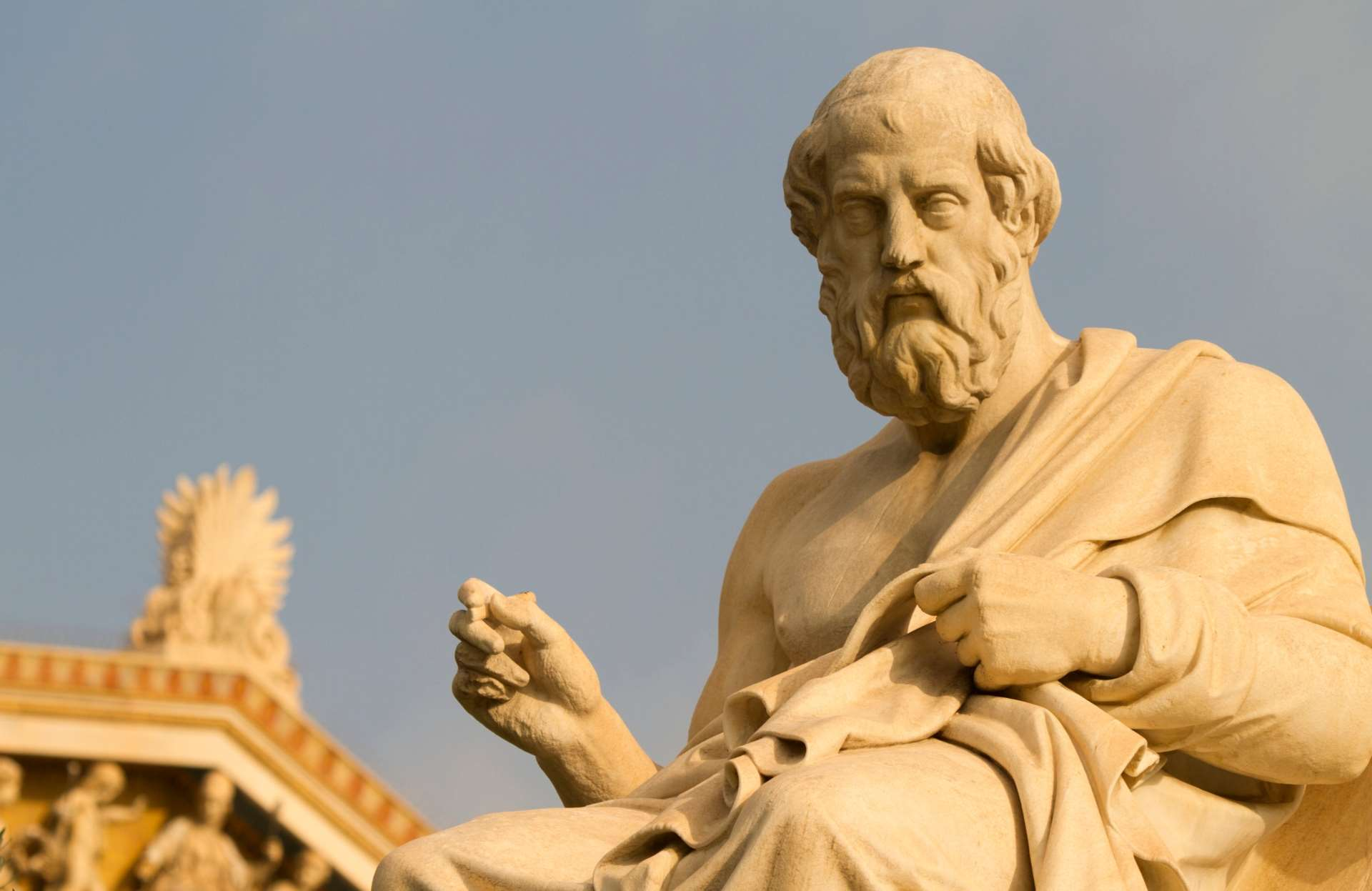Easter in Greece is far more than a religious observance—it's a vibrant tapestry of ancient traditions, solemn rituals, and heartfelt celebrations. For many Greeks, it is the most meaningful holiday of the year, deeply rooted in Orthodox Christian belief and cultural identity.
A Week of Devotion: Holy Week in Greece
Holy Week, or Megali Evdomada, marks the final stretch of the spiritual journey toward the Resurrection of Christ. Each day holds its own sacred meaning and is accompanied by unique customs observed throughout the country. Churches overflow with worshippers, while homes and communities engage in preparations steeped in both faith and tradition.
Holy Monday
The week begins with a focus on Joseph the Patriarch and the parable of the barren fig tree, symbolizing spiritual vigilance. Believers continue their Lenten fast and begin cleaning their homes, symbolizing inner purification in anticipation of Easter.
Holy Tuesday
Dedicated to the Parable of the Ten Virgins, this day reminds the faithful of the importance of readiness and spiritual awareness. In the evening, the soul-stirring Troparion of Kassiani is chanted. Meanwhile, many households begin preparing traditional Easter pastries like koulourakia.
Holy Wednesday
This day centers on repentance and healing, marked by the Sacrament of Holy Unction performed in churches. In many homes, preparations for the holiday meal begin with baking tsoureki, a sweet, braided bread, and dyeing the first red eggs—symbols of sacrifice and renewal.
Holy Thursday
One of the most moving days, Holy Thursday commemorates the Last Supper and Christ’s Passion. The Twelve Gospels are read, and the faithful venerate the Crucified Christ. At home, families continue the tradition of dyeing red eggs, which represent both Christ’s blood and the promise of new life. Easter breads and pastries are also prepared to be enjoyed after the Resurrection.
Good Friday
This is the most solemn day of the week, dedicated to mourning the Crucifixion. Church bells toll mournfully, and strict fasting is observed. In the evening, the beautifully adorned Epitaphios (symbolizing Christ’s tomb) is carried through the streets in candlelit processions as hymns fill the air. In some towns, young women gather fresh flowers to decorate the bier, while in others, dramatic re-enactments of the Descent from the Cross take place.
Holy Saturday
Megali Evdomada liturgies are attended in great numbers by all ages. Photo: EUROKINISSI
The morning service, known as the First Resurrection, is marked by joyful anticipation. Priests scatter laurel leaves across the church, signifying Christ’s victory over death. That night, churches fill with worshippers holding candles, waiting for the Resurrection proclamation. At midnight, the Holy Light—brought from Jerusalem—is shared among the faithful with the joyful cry: “Christos Anesti” (Christ is Risen). Families then return home to break their fast with magiritsa, a traditional Easter soup.
Easter Sunday: A Feast of Joy and Renewal
Easter Sunday is a jubilant celebration of life and rebirth. From early morning, lamb is roasted on a spit in courtyards and gardens, while families gather for a grand feast. Traditional dishes like kokoretsi, tsoureki, and red eggs are shared, and friends and relatives crack eggs while exchanging the phrases “Christos Anesti” and “Alithos Anesti” ("Truly, He is Risen").
The joy extends into the community with dancing, music, and regional festivities. In many places, Easter Sunday also includes the Agape Service, a celebration of love and unity, where the Gospel is read in various languages to symbolize the universal message of the Resurrection.
Regional Easter Traditions: A Mosaic of Local Flavor
Each corner of Greece brings its own flavor to Easter:
Chios dazzles with a spectacular "rocket war" between rival parishes.
Lesvos celebrates with traditional dances and fireworks.
In Naxos, villagers revive the custom of koutsounta, featuring folk celebrations.
Crete stages symbolic burnings of Judas effigies, marking betrayal and renewal.
On Corfu, residents joyfully toss clay pots filled with water from balconies on Holy Saturday morning, symbolizing the breaking of old things to make way for new life.
A Living Tradition
Greek Orthodox Easter is a deeply immersive experience—equal parts spiritual, cultural, and familial. It’s a powerful blend of solemnity and celebration, of fasting and feasting, of remembrance and hope. Passed down through generations, the customs of Holy Week and Easter Sunday continue to unite Greeks across regions and borders, reinforcing faith and the enduring spirit of renewal.










